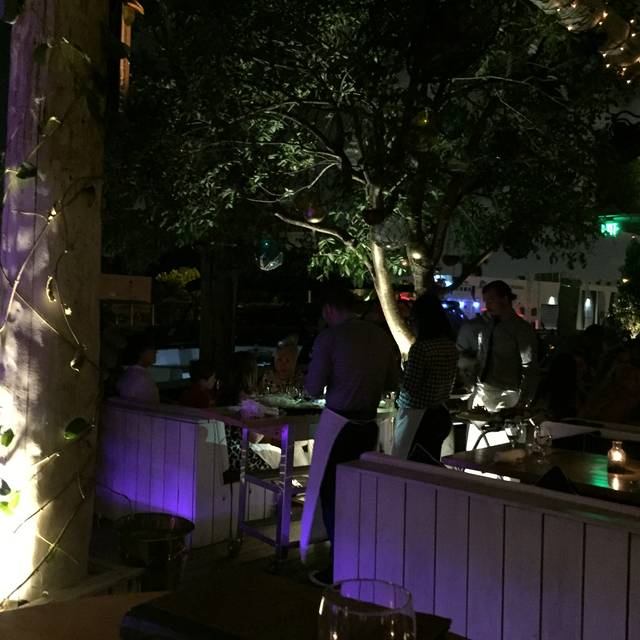
The purest place to start with New Zealand film-maker Campion is with her third film, The Piano. Photograph: Jan Chapman Productions/Allstar Key of life … Anna Paquin and Holly Hunter in The Piano. The zing, energy and passion of Spike Lee’s early masterpiece are as fierce as ever. His two sons are variously depressed and racist, and things come to a head when a friend of Mookie’s looks at the displayed black-and-white photos of Frank Sinatra, Joe DiMaggio, Al Pacino and Robert De Niro and demands to know why there aren’t any “brothers on the wall” – a culture war statement, made decades before the discourse caught up. Sal himself is thinking of quitting and turning the restaurant into a condo called Trump’s Plaza. Rosie Perez plays Mookie’s girlfriend Tina, who rules the film by virtue of her explosive dance sequence over the opening credits to Public Enemy’s Fight the Power. “If this hot weather continues, it’s going to melt the polar ice caps and the whole wide world,” says someone outside Sal’s Famous Pizzeria, which employs Mookie (played by Lee himself) as a delivery guy. It is an unbearably hot day in the Bed-Stuy area of Brooklyn, New York – then in the first stages of gentrification – and racial tension is rising on the streets.

Spike Lee’s classic is not so much prophetic as enduringly, tactlessly relevant – beginning with a warning about climate change and ending with a Black man killed in a police chokehold.

Street life … Spike Lee, Robin Harris and Frankie Faison in Do the Right Thing Year. Mona is a parodic version of the workings of divine grace a mysterious force in the lives of those she crosses. Some are resentful of her lack of gratitude when they help her. Some people are sympathetic some even admire and envy her freedom and defiance. As she says: “Je m’en fous – je bouge” (“I don’t care – I just move on”). Mona rejects her life as a wage-slave secretary and takes off with her tent on her back, sleeping in fields or on roadsides, getting cash-in-hand jobs where she can – and facing brutal misogyny and assault. It is a testimony narrative that bears comparison to Welles’s Citizen Kane.
#KIKI ON THE RIVER SERIES#
Sandrine Bonnaire plays Mona, a young homeless woman whom we see dead in a freezing ditch in the film’s opening and whose life is opened up through a series of flashback episodes and interviews with the people who encountered her on the road. Varda’s classic Vagabond, or Sans Toit Ni Loi (No Shelter No Law), is a film with the authentic spirit of the French New Wave: complex, questioning, demanding, passionate. Photograph: Moviestore Collection Ltd/Alamy Mutinous, uncaring, inscrutable … Sandrine Bonnaire in Vagabond.
#KIKI ON THE RIVER PATCH#
In Nuts in May, that place is England, the small patch of scenery where none of us can stand one other. The best of Mike Leigh always peers into places no one else has thought to look. And here, damp campsites become a battleground of tribal identities, the kind of civil war we have all been living in lately. But something darker ticks away too, Leigh’s world filled with the thwarted and put-upon. It was only a short step from Keith’s eventual meltdown to Alan Partridge assaulting a BBC exec with a wheel of blue cheese. If the couple’s organic piety feels ahead of its time, a lot of the laughs echoed into the future.

The comedy is flawlessly sharp, the easy laughs of drenched cagoules whittled to a point by the eye for detail. The most reliably doleful voice in British cinema rings loud and clear through the misadventures of Keith and Candice Marie, innocents on a Dorset camping holiday.

Pitch perfect … Alison Steadman, Roger Sloman and Anthony O’Donnell in Mike Leigh’s Play for Today, Nuts in May.


 0 kommentar(er)
0 kommentar(er)
